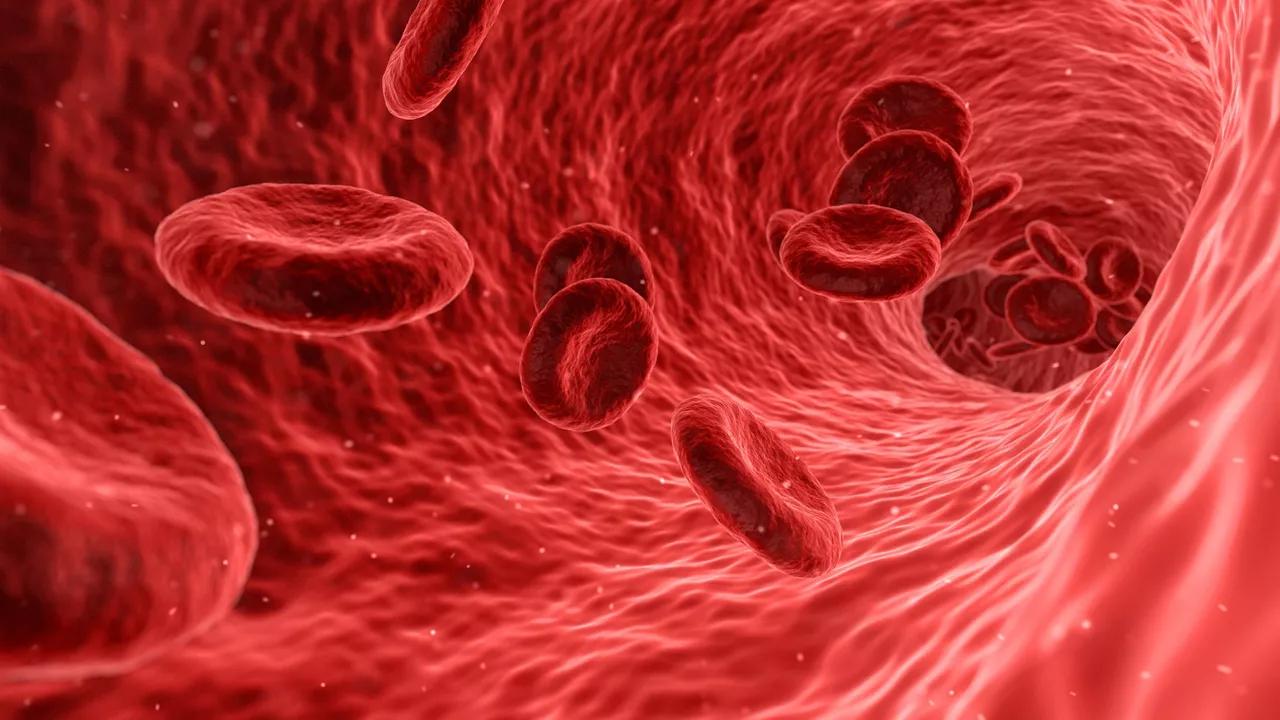Africa-Press – South-Sudan. In addition to causing severe respiratory problems, COVID-19 has been known to spark abnormalities in blood clotting, which has long puzzled researchers.
A gene variant in the innate immune system affects the risk of blood clots in the lungs of severely ill COVID-19 patients, a new study by Swedish researchers at Uppsala University and the Karolinska Institute has shown.
At the height of the pandemic, it became clear that COVID-19 patients had a greatly increased risk of developing blood clots, despite treatment with blood-thinning drugs. The mechanism behind the strong activation of the blood coagulation system in some patients has been unknown. However, the research crew found that a gene variant that regulates the levels of the protein mannose-binding lectin in the blood has a protective effect against blood clots in the lungs.
Mannose-binding lectin is part of the innate immune system and is tasked with detecting and eliminating bacteria or virus-infected cells. It also “recognises” the SARS-CoV-2 virus which causes COVID-19.
Hugo Zeberg of the Karolinska Institute stressed that the study also indicated “a genetic background to the complications that COVID-19 patients suffer from”.
An earlier Swedish study published by the BMJ found an increased risk of deep vein thrombosis (a blood clot in the leg) lasting up to three months after a COVID-19 infection, higher risk of pulmonary embolism (a blood clot in the lung) lasting up to six months, and increased risk of a bleeding event lasting up to two months.
For More News And Analysis About South-Sudan Follow Africa-Press






